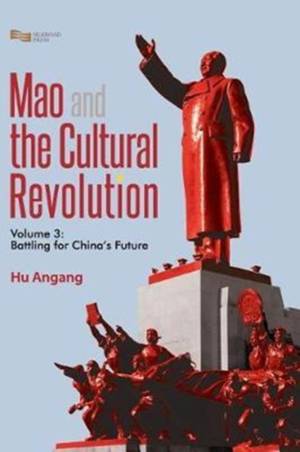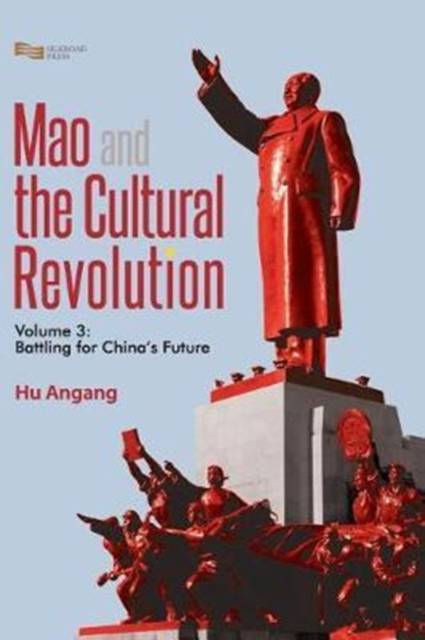
- Retrait gratuit dans votre magasin Club
- 7.000.000 titres dans notre catalogue
- Payer en toute sécurité
- Toujours un magasin près de chez vous
- Retrait gratuit dans votre magasin Club
- 7.000.0000 titres dans notre catalogue
- Payer en toute sécurité
- Toujours un magasin près de chez vous
Mao and the Cultural Revolution (Volume 3)
Battling for China's Future
Angang HuDescription
Acclaim national researcher Hu Angang presents Mao and the Cultural Revolution, an immensely rich account of the massive political event of 1966-1976 that brought seismic changes to the landscape of New China.
A culmination of Mao Zedong's Political ambition, the Cultural Revolution restored his power and prestige as paramount leader, albeit at great costs to the economic and social development to the country. The impact of the movement -- more significantly, the politices that drove it -- deeply influences political philosophy in China today.
Hu Angang's work provides a unique perspective and objective assessment of the progression of the Cultural Revolution, focusing on the intraparty politics, the Politburo's international outlook, and the political though the Chinese leadership that shaped this pivotal decade.
Volume 3 analyzed the impact of the Cultural Revolution from both sociological and economic perspectives. Mao Zedong, being in his senior years, was gradually leaving the political stage. His decisions, however, catalyzed the power struggle between Jiang Qing and Deng Xiaoping, turning the situation into a white-hot ideological conflict. Hu not only provides a full picture of all of these conflicts, but he also evaluates the economic damage caused by The Cultural Revolution. Using statistics and data, Hu objectively analyzes its impact in economic and social terms, thereby summing up the collection with analysis on the influence of the Cultural Revolution on modern China.
Spécifications
Parties prenantes
- Auteur(s) :
- Editeur:
Contenu
- Nombre de pages :
- 376
- Langue:
- Anglais
Caractéristiques
- EAN:
- 9781623201555
- Date de parution :
- 25-09-17
- Format:
- Livre relié
- Format numérique:
- Genaaid
- Dimensions :
- 178 mm x 254 mm
- Poids :
- 866 g

Les avis
Nous publions uniquement les avis qui respectent les conditions requises. Consultez nos conditions pour les avis.






